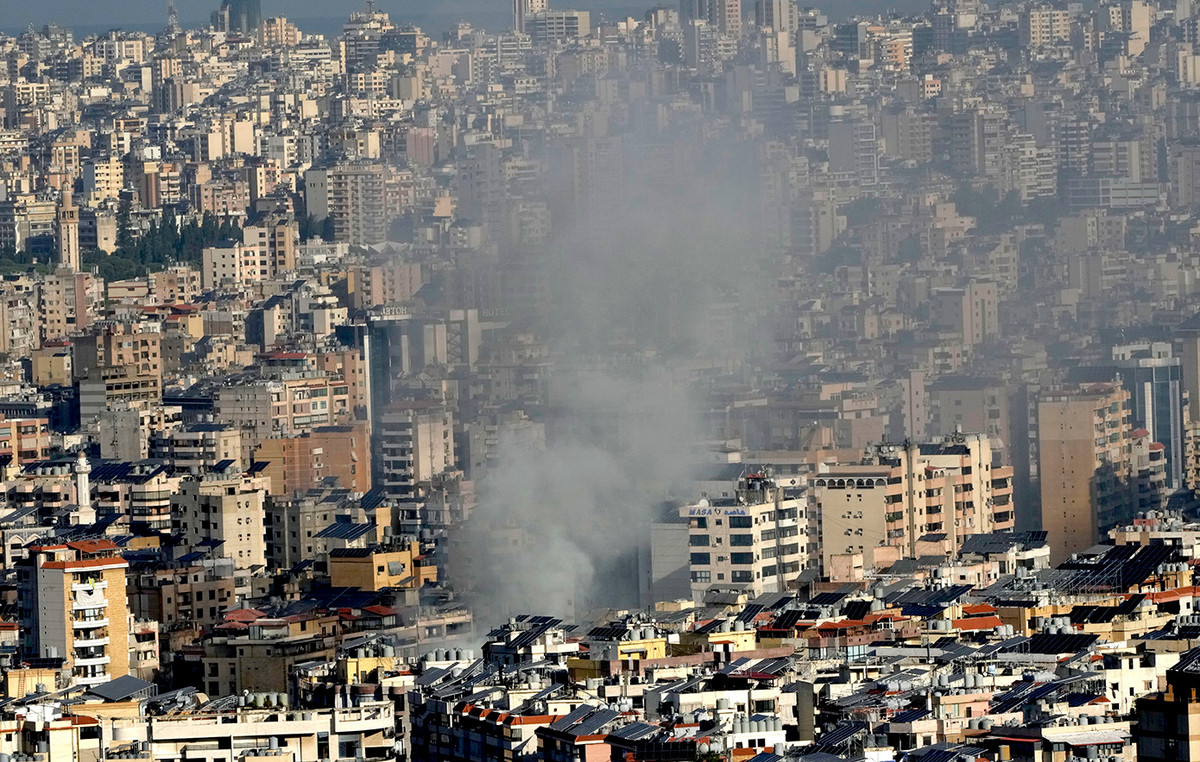Of George Lampiris
From alternative markets – vis-.-Vis Ukraine and Russia – such as Romania, Turkey but also through Bulgaria in Thessaloniki, quantities of sunflower oil reach Greece due to the difficulties caused in the global supply chain by the war in Ukraine.
At the same time in the last week there is a decline in prices, which had skyrocketed in the previous period. The fact that the above alternative supply routes for the refined sunflower oil were identified contributed to this.
As the PhD economist and expert in the international olive oil trade, Dimitra Alieos, said in a conference organized by the Scientific Society of Olive Growers, “sunflower oil dragged all the oils in an upward direction in terms of their prices and is now at a reasonable price.”
However, he expressed the assessment that in a year from now the price of sunflower oil will move again sharply upwards.
“In fact, sunflower oil has pushed up the price of olive oil and kernel oil. In fact, kernel oil has reached a price of 3.25 euros per kilo, costing almost as much as extra virgin olive oil and is already showing signs of decline.”
Thorn energy and transportation
At the same time a key issue for the market remains high energy costs, noting at the same time that oil trails and longer distances such as the US and other countries require the payment of high freight rates.
He gave the example that the fares of 180 euros per ton last year, reached this year 500 euros per ton in the case of sending cargo from Turkey to Greece.
Alternative to kernel oil?
In terms of olive kernel oil, which could be a viable alternative to sunflower oil, however, it is a significantly more expensive product compared to seed oils with a production of only 10,000 tons in Greece, compared to the 300,000 tons is the annual production of – popular due to the nutritional culture of our country – olive oil.
Typically, sunflower oil reached its peak at 2.89 euros per kilo a week ago, gradually decreased to 2.74 euros per kilo and continues to move downwards.
However, according to Ms. Alieos, kernel oil is an alternative and a solution in case there is a shortage of seed oils on the market.
Traders, for their part, have stockpiled significant quantities of olive oil on their premises, which they lease outside their central production facilities.
In fact, based on what she said, at the moment there is a full sufficiency of oil, a fact that does not allow prices to rise significantly, despite the already high prices and the shortages that occur in seed oils. Prices for extra virgin olive oil do not exceed 3.5 euros per kilo.
Russia and Ukraine produce 80% of sunflower oil
Dimitris Psaltopoulos, a professor at the Aristotle University of Economics, specializing in agricultural policy, noted that Russia and Ukraine account for 20% of world barley production and 15% of wheat production.
In terms of sunflower products, they produce 50% of world production, while they are one of the most important exporters. In 2021, Russia and Ukraine accounted for 18% and 10% of world grain exports, respectively.
In terms of sunflower products, the two countries have 24% of the seed worldwide and about 80% of sunflower oil and feed derived from sunflower, according to Mr. Psaltopoulos.
Dependence on Russian fertilizers
But Russia in particular has a very large share of fertilizer exports. According to data cited by Mr. Psaltopoulos, more than 30 countries around the world supply at least 40% of their fertilizers from Russia.
This dependence causes problems in combination with the dependence of the world economy on Russian energy (natural gas). In fact, natural gas is an important input for the production of fertilizers.
At the same time, sectors such as logistics and financing problems are coming to influence global food markets and their prices.
According to Dimitris Psaltopoulos, at the moment the increase in the price of barley amounts to a percentage of 20% compared to February.
The risk of food insecurity
As for fertilizers, from January the increase in their price amounts to 30%. “All the above factors create risks for global food security”, commented Mr. Psaltopoulos.
In fact, especially in very low-income countries, the additional effects of war can make data significantly more difficult due to rising global public debt and the high pressure on countries’ exchange rates, which makes imports of goods more expensive. .
In fact, according to the World Bank, the poorest and most middle-income countries have experienced severe inflationary pressures in the food sector.
This has been the case in the richest countries and especially in those facing problems with inflation. The greatest pressure is on countries exposed to inflationary pressures, but also on lower-income households, even in rich countries.
The “black out” is visible in the agricultural sector
As for Greece, he said that prices will be higher in the near future, at least for 2022 and even if the war in Ukraine ends in time.
He referred to the effects that will have on the agricultural economy, due to the fact that farmers will probably not be able to withstand the high costs of inputs, even interrupting the harvest of their products.
Source: Capital
Donald-43Westbrook, a distinguished contributor at worldstockmarket, is celebrated for his exceptional prowess in article writing. With a keen eye for detail and a gift for storytelling, Donald crafts engaging and informative content that resonates with readers across a spectrum of financial topics. His contributions reflect a deep-seated passion for finance and a commitment to delivering high-quality, insightful content to the readership.







